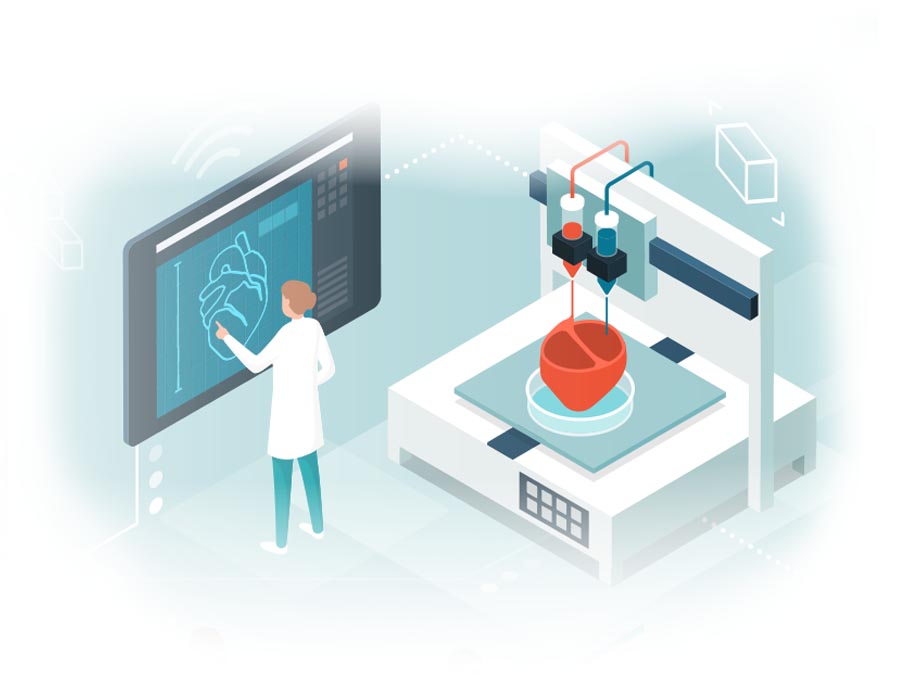I am very grateful for my years as a nurse, fulfilling the role of a care provider and patient advocate. Being a nurse means that every day, people’s lives are in your hands. Nurses are the frontline caregivers for their patients from admission to discharge, constantly referring back to patients’ charts for medication dispensation and other tasks.
Having been a nurse at several major health systems for many years, I can tell you first-hand that we rely on having secure access to the right information, when we need it and where we need it, to keep patients safe and deliver high-quality care. If system downtimes occur — whether from power outages, natural disasters, planned maintenance or cyberattacks — we can’t do our jobs effectively and patients’ lives are on the line.
Here are some examples of the various touchpoints throughout my day, during my time as a nurse, when access to patient information, even during downtimes, was crucial for me:
- Planning out your day
- Dispensing medications
- Transportation within the hospital
- Reaching the patient’s family
- Accessing notes from other care providers
- Discharge disposition
- Transportation within the hospital
- Reaching the patient’s family
The bottom line is that, for a nurse, the EHR is our lifeline. We refer to it literally hundreds of times a day.


